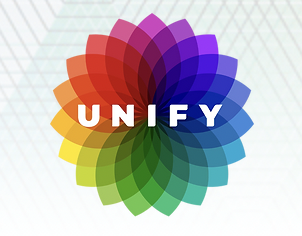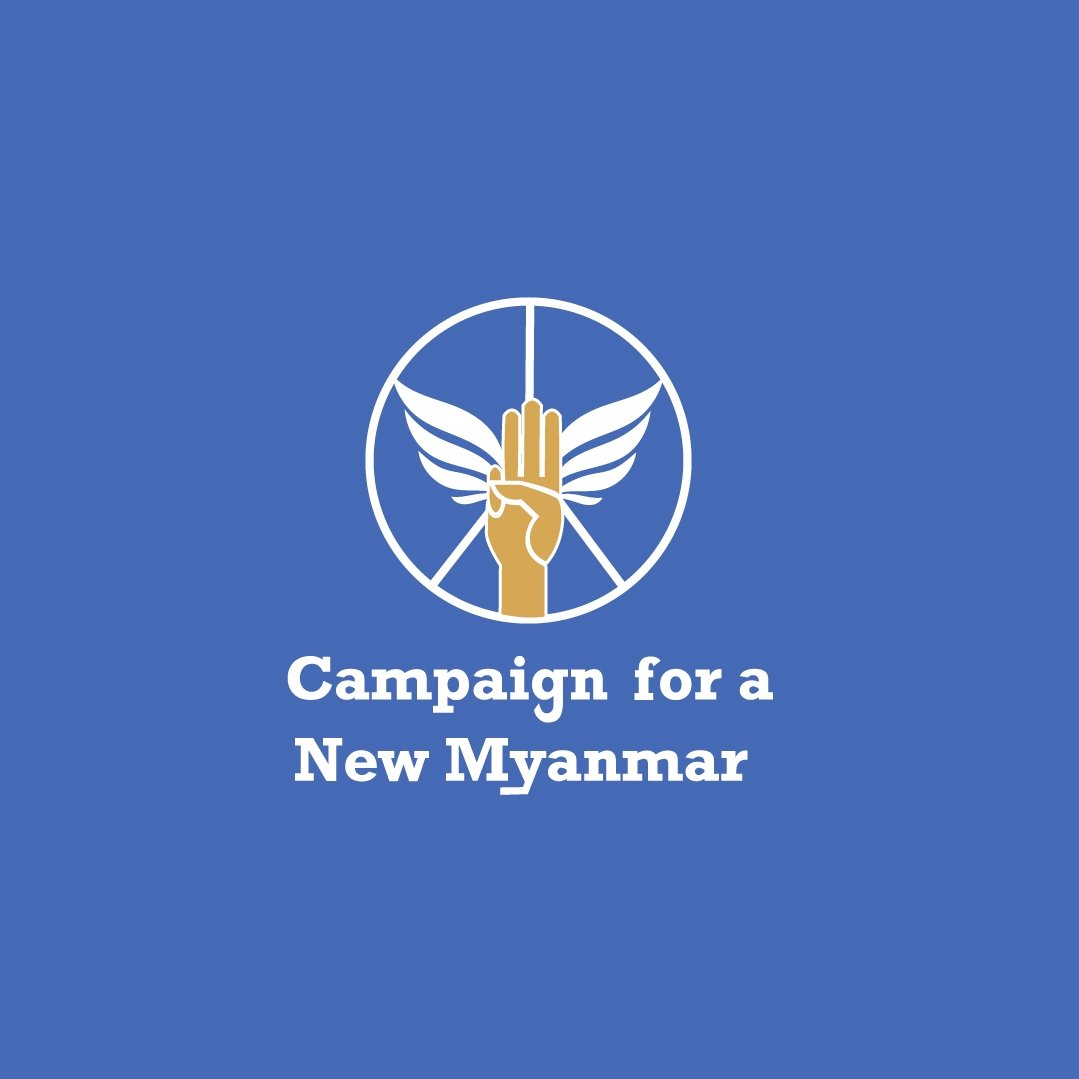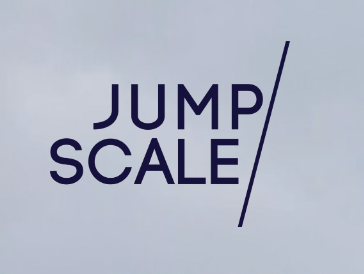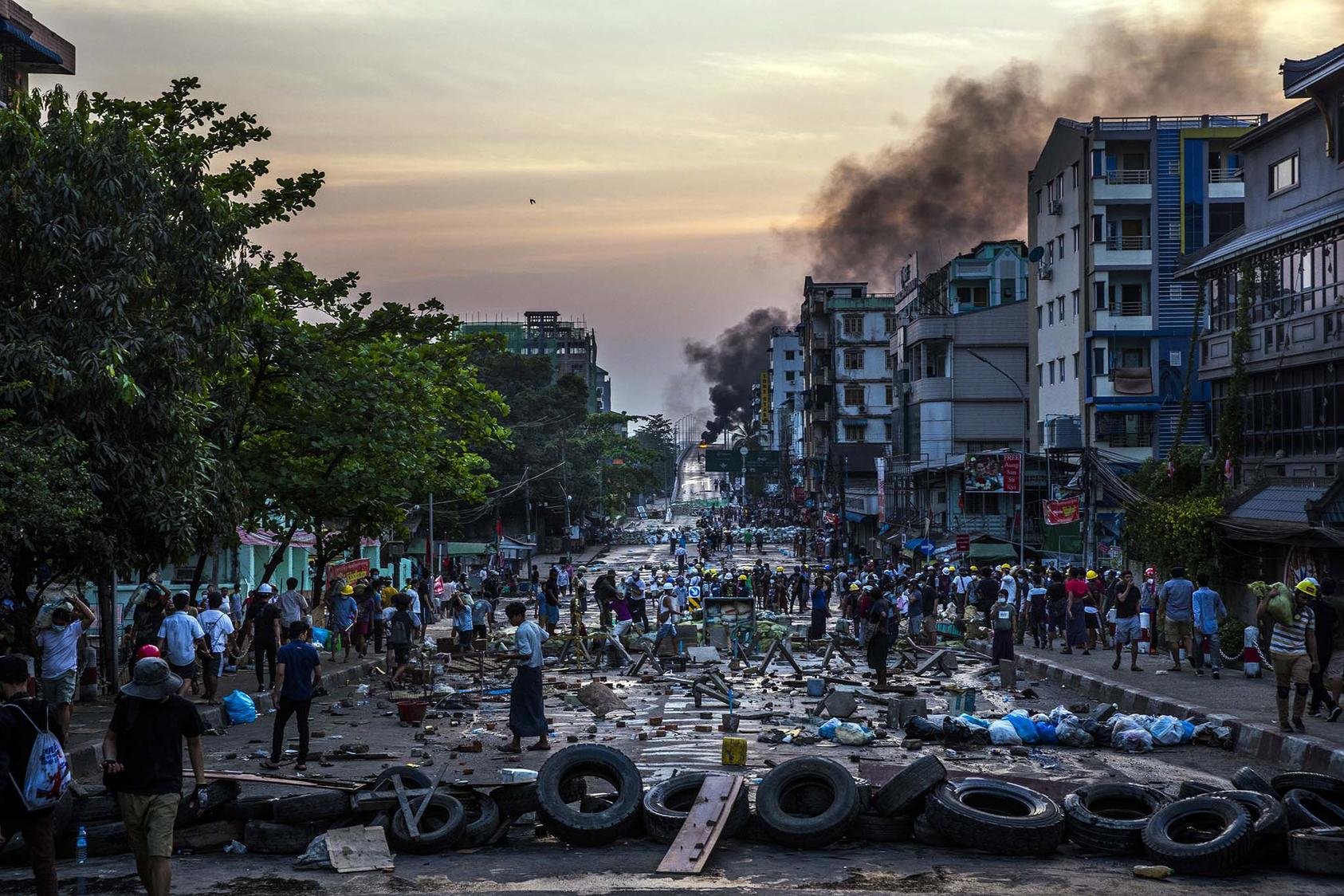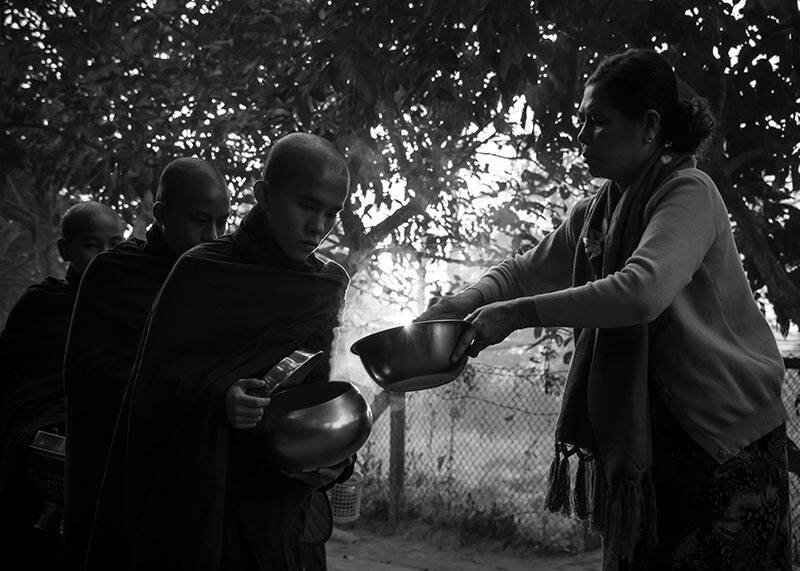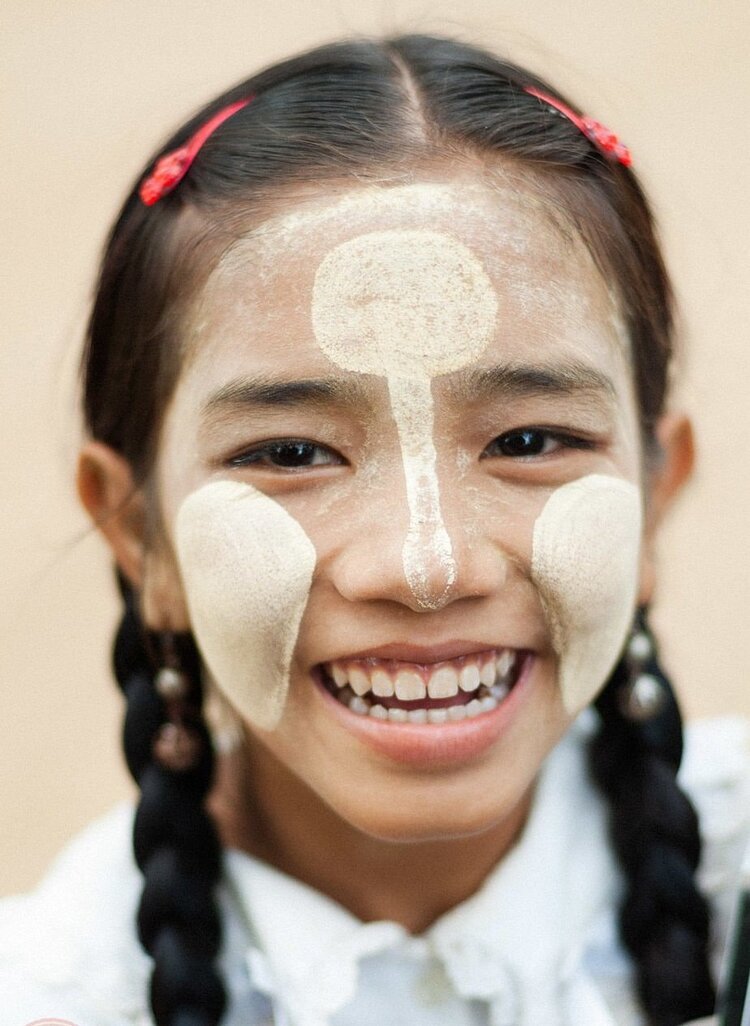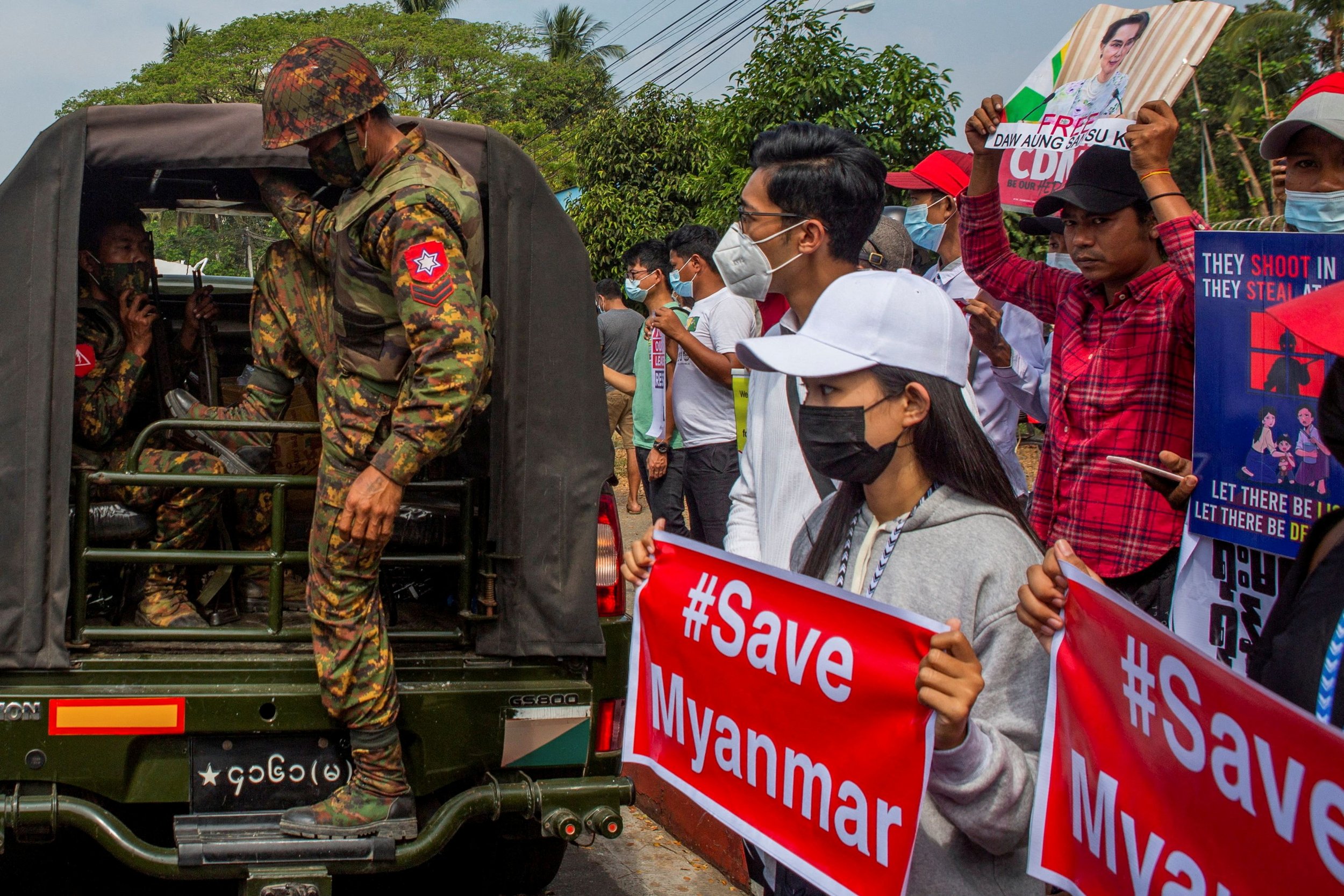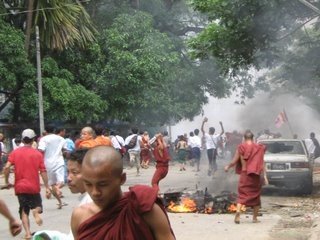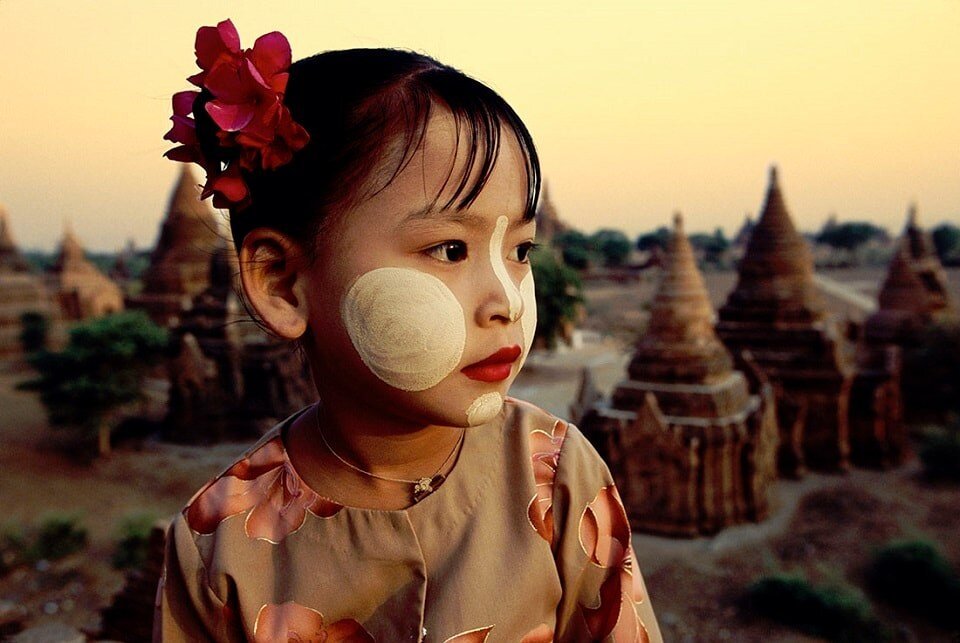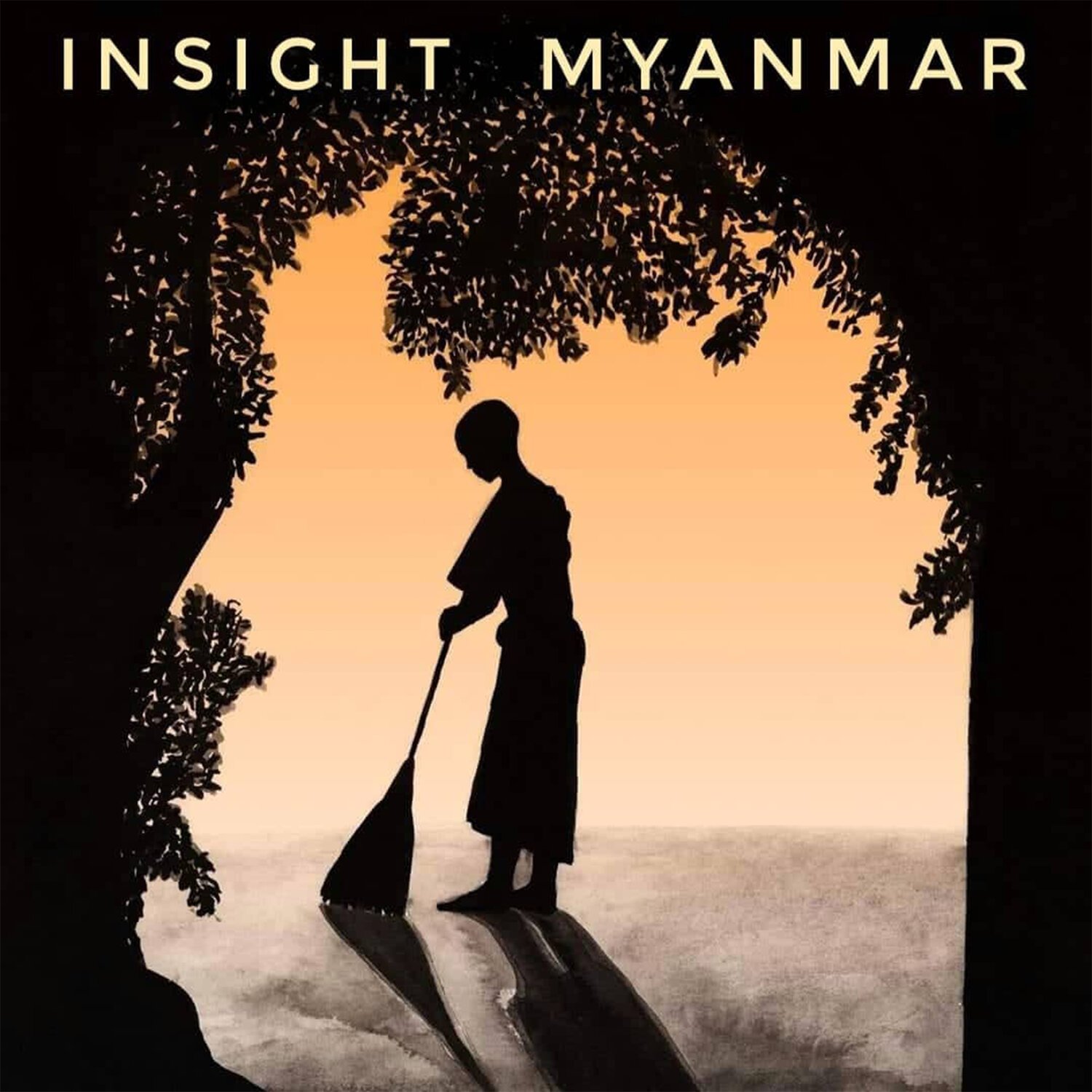MYANMAR’S VOICES For FREEDOM
Join One Light Global and Better Burma
Myanmar’s Voices for Freedom: Live Zoom Panel - Watch the Recording Below!
Global Meditation and Panel Discussion for Myanmar with five incredible revolutionaries fighting the recent government coup! Meet the heroes and heroines using art, politics, journalism, and meditation for human and civil rights for women, lgbtq+, minority communities, and free and fair elections. Help create Global Peace by supporting the 50 million citizens of Myanmar struggling for freedom, forgotten by the world. Help us build schools for refugees & provide direct aid to families. They need us now!
Please share with your community!
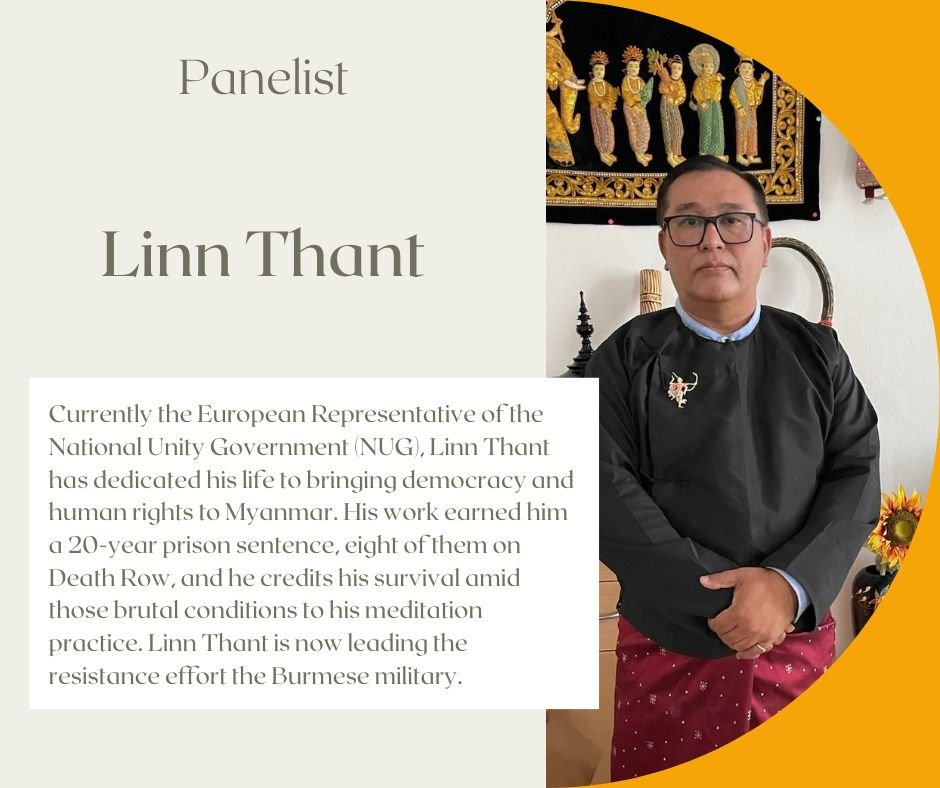
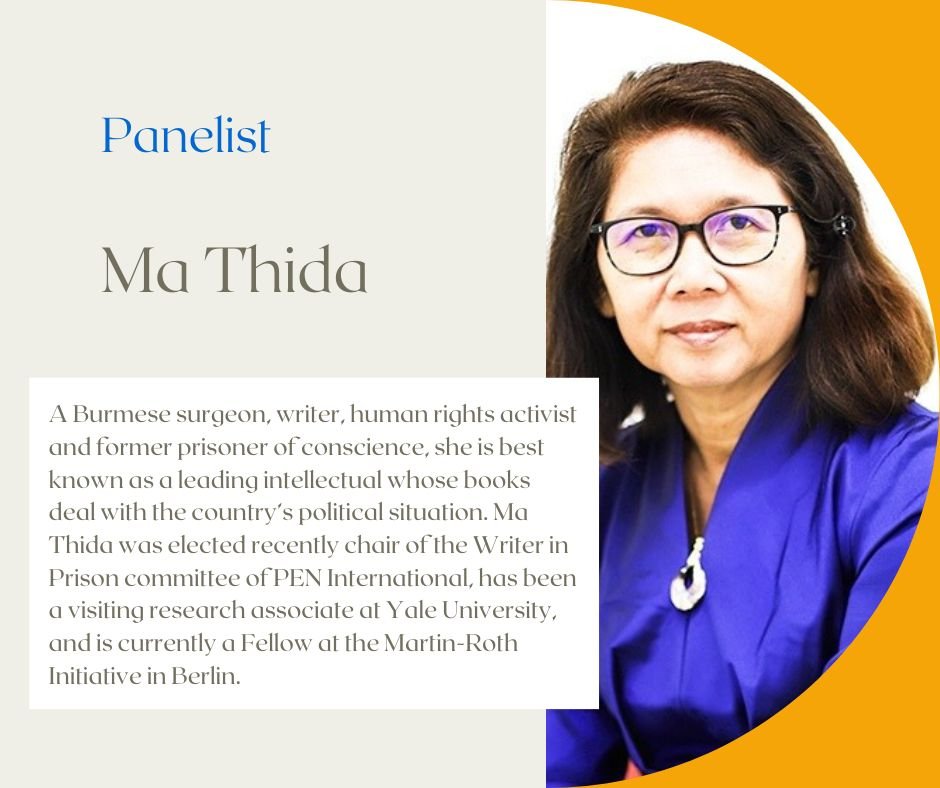
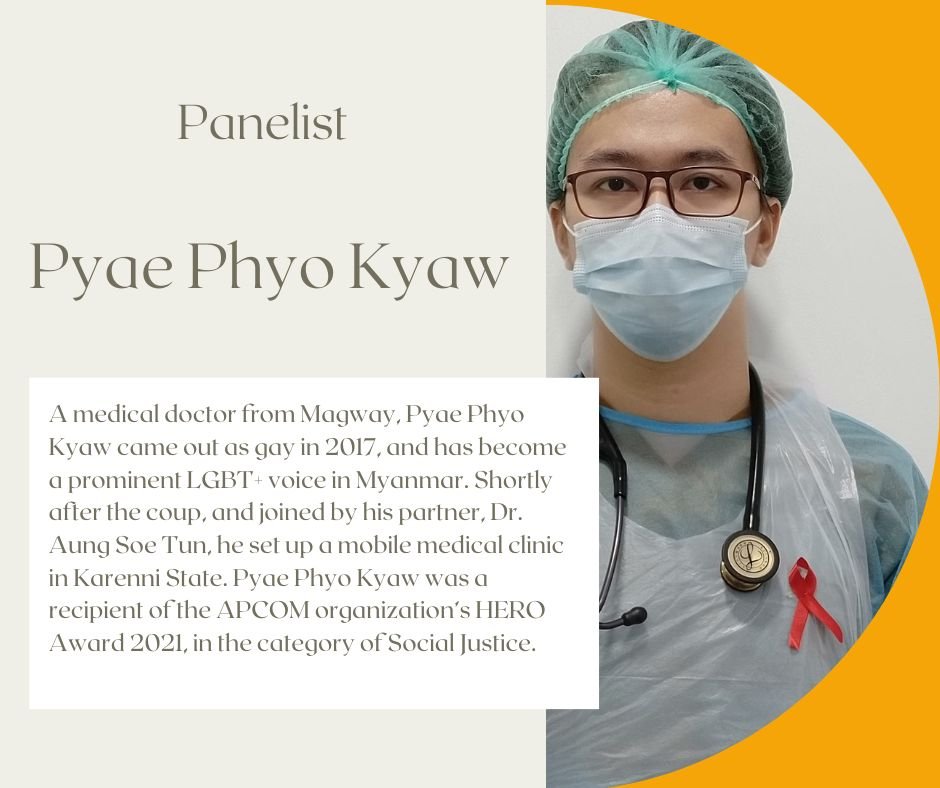
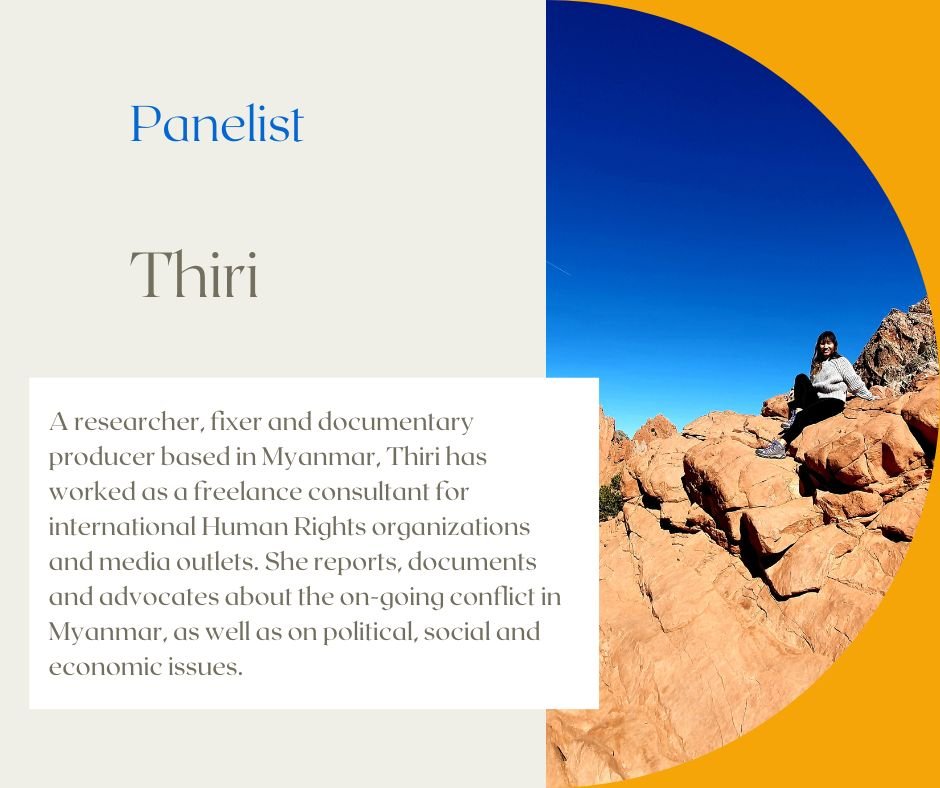
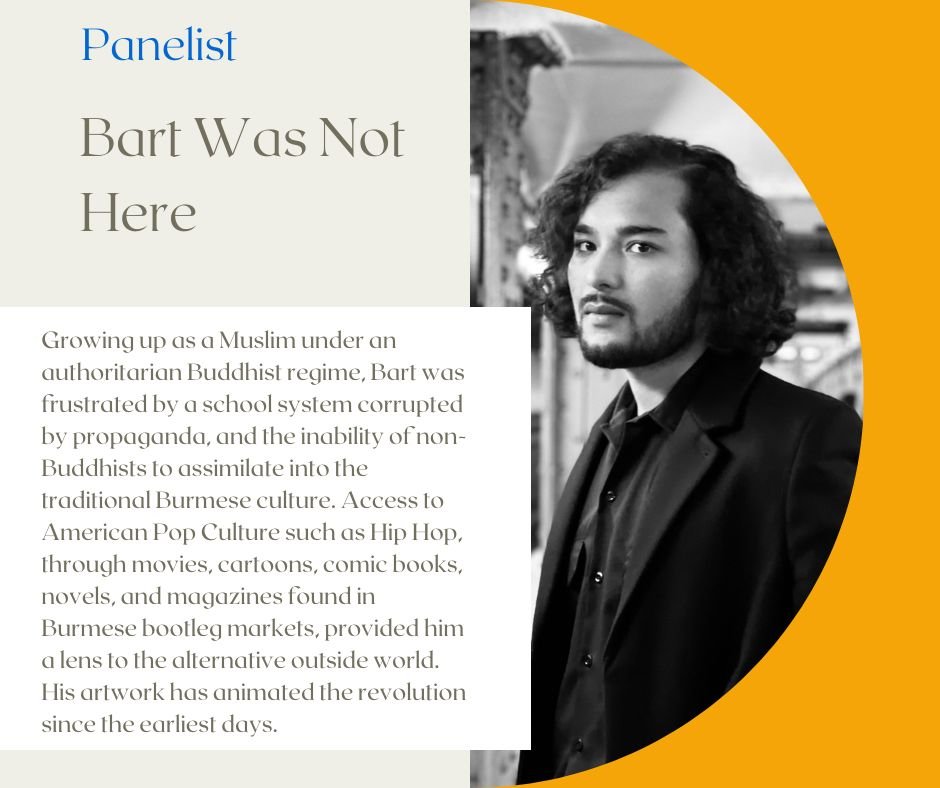
-
On February 1, 2021 Myanmar's military took over the government in a coup, causing ongoing, nationwide anti-coup protests. Putting an entire nation of 50 million people at immediate risk.
According to Human Rights Watch, the police and military have killed over 1200 protestors and bystanders, including children. They have detained over 8,700 government officials, activists, journalists, and civil servants. According to those on the ground the numbers are exponentially higher.
The security forces have engaged in widespread and systematic attacks on civilians throughout Myanmar, including killing protesters, enforced disappearance of opposition supporters, torture, sexual abuse, rape of some detainees, and mass political detentions.
Thousands of people have been displaced within the country. Authorities have been committing the crimes against humanity of apartheid, persecution, and severe deprivation of liberty against 600,000 Rohingya remaining in Rakhine State. The junta have banned media outlets, and satellite television.
The UN said in July at least 3 million people need humanitarian aid.
-
Democracy
Free and Fair Elections
Human rights
Civil liberties
Women’s rights
LGBTQIA rights
The ability to live safely and support their families
HOW YOU CAN HELP
So far we have raised
$14354 of $25000
All donations are tax deductible. 100% of donations go to the programs.
-
Donations
$5000 for food (especially rice) for two thousand villagers
$3000 for Blankets & Clothing for elders, children and women
$2000 for Medicine.
The villages of Htet Kyi & Pi Dauk Chone, in the Sagaing region of Myanmar were burned down by the army several times. Over 1,600 homes were lost, leaving more than 2,000 people homeless. These villages have no access to electricity or internet.These emergency funds will be sent to a secret network of monasteries to distribute among the monks, nuns, villages and villagers for food, blankets, medicine, and temporary shelter. Winter is coming and they are very concerned for the health and safety of so many homeless families.
Any additional funds will go to build emergency shelters ($2000 per shelter). -
$2,193→ to build weather resistant roofs for the rainy season, and supply stools/benches for the students.
$3,258→ 52 dozen exercise books per school
$433 → 2 white boards per school
$239 → 2 dozen whiteboard markers per school
$489 → 26 dozen ballpoint pens per school
$1,066 → 104 dozen pencils per school
$326 → 26 dozen erasers per school
$4,147 → 70 CDM teachers two bags of rice for each teacher for 6 months
$478 → 70 CDM teachers two packs of salt for each teacher for 6 months
$797 → 70 CDM teachers one KG of Dal for each teacher for 6 months
$570 → hiring trucks and labor for transportation of school building materials, studying & teaching materials, and food for CDM teachers across the 9 refugee villages.
$911 → travel & material expenses for the local core team to monitor and evaluate the project over 6 months.
TOTAL: $14,908
Any additional funds raised will be used to continue to support these schools beyond the next 6 months.
One of the most damaging aspects of war is that when millions of lives are disrupted and families are forced to flee their homes, children’s education comes to a full stop. This can create a generation without access to the very tools they will need to rebuild their country when the time comes.One Light Global is partnering with Better Burma and their contacts with local teachers on the ground in Mizroam Refugee Settlement to rent space for classrooms, provide necessary educational materials, and provide food and essential supplies to refugee teachers.
In Mizoram, there are 11 districts. Currently there are Burmese refugees in all of these districts. In Siaha district, where the local organizer is, the refugees built camps around 9 villages. The Mizoram authority gave permission to the refugees to build temporary schools attached to their public schools at their own costs. These 9 schools were built by Burmese refugees themselves.
Burned villages where emergency aid will be sent
TIMELINE: Myanmar’s Rough Road to Democracy
-
124 years under British Occupation (Japanese 1942-45)
After WW2, the country finally gained its independence as the “Union of Burma” (named after the largest ethnic minority group, the Bamar) The borders of this country were invented by Europeans and bound together many diverse ethnic and cultural groups. Thus, this nascent country experienced post-imperial unrest and fighting.
-
The military, led by General Ne Win, staged a coup, discarded the national constitution and established a military junta (military government), a one party state headed by the BSPP.
-
Hundreds of thousands of students began a national revolution known as the 8888 Uprising against the BSPP. Aung San Suu Kyi emerged as a leader for democracy. Her father had been a national hero and leader protesting British rule. The student protests were quickly crushed, thousands were killed, ASSK was placed under house arrest, and the military again seized power.
Aung San Suu Kyi remained under house arrest for 15 years. She pushed for democracy from her home with her party, the National League for Democracy, earning a Nobel Peace Prize in 1991.
-
The Junta ended subsidies on gas and oil prices leaving an already-impoverished Burmese populace unable to access transportation and fuel, and unable to work or eat. Monks and Nuns took to the streets in protest on behalf of the people and called for democracy. The Junta responded brutally, murdering and incarcerating many. For the first time, technology enabled bystanders to record what was happening on their phones and show the world. Due to the deep red color of the monastics robes, this became known as The Saffron Revolution.
-
Myanmar held its first free and open election, and the National League for Democracy won in a landslide. ASSK was recognized as the National Leader, State Counselor. The military still had the majority of political power and control of the parliament through a mandatory 25% of the seats. They used this power to block reforms, and maintain power of the judiciary, immigration, and defense. For years ASSK tried to remove the military from power.
-
The military staged a genocide against the Rohingya population in the north. Min Aung Hlaing, the military leader who led the 2021 coup and is running the country now, is called “one of the most wanted men on the planet” for his actions in the genocide. If he loses power he would be held responsible for these actions.
-
The military staged a coup and took over the government once again. Nearly the entire country has risen up in protest. Security forces are opening fire on citizens, the military has cut off the internet and closed television stations, imposed martial law, thousands have been turned into refugees, monasteries have been attacked, women and the lgbtqia community are fighting to establish their rights, and the country seeks to achieve freedom.
Listen
IF YOU DON'T KNOW WHERE TO START, GIVE THIS EPISODE A LISTEN—AN INCREDIBLE BIOGRAPHY OF ONE OF THE MAIN DEMOCRATIC LEADERS IN EUROPE AND HIS LIFETIME OF RESISTANCE AND WORKING TOWARDS HUMAN RIGHTS, WHILE FINDING BALANCE IN MEDITATION.
THE INSIGHT MYANMAR PODCAST HOSTS GUESTS ASKED TO SPEAK EXTENSIVELY ABOUT THEIR BACKGROUND, EXPERIENCES, AND PERSPECTIVES TO BETTER EDUCATE AND INFORM US ABOUT THE SITUATION IN MYANMAR AND RELATED TOPICs.

